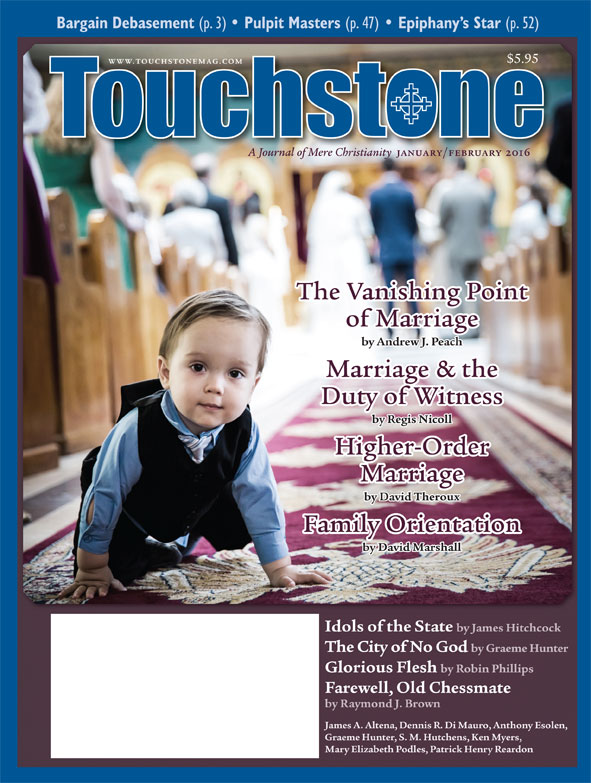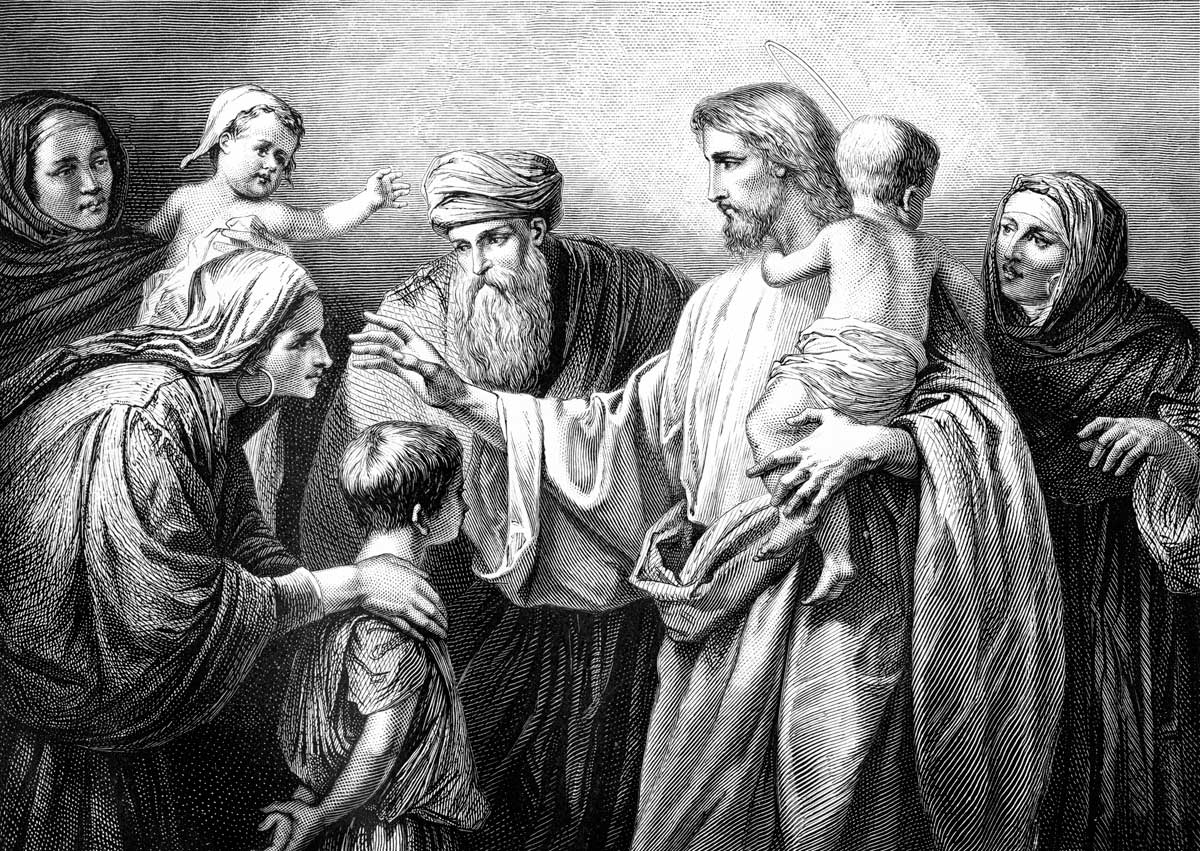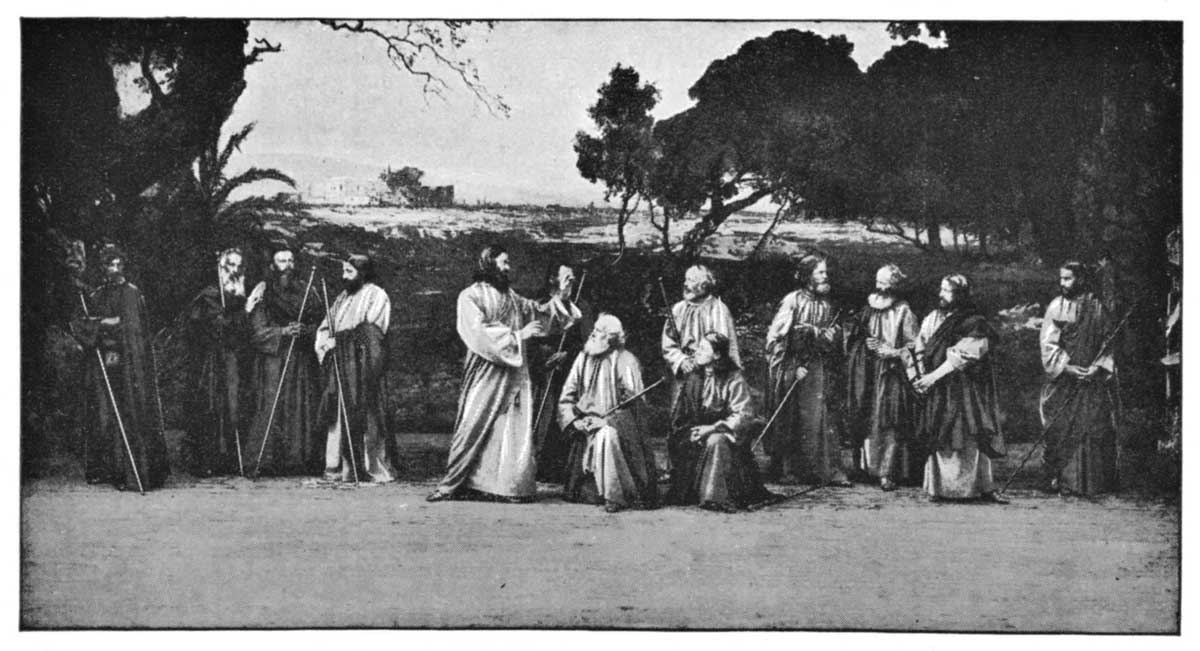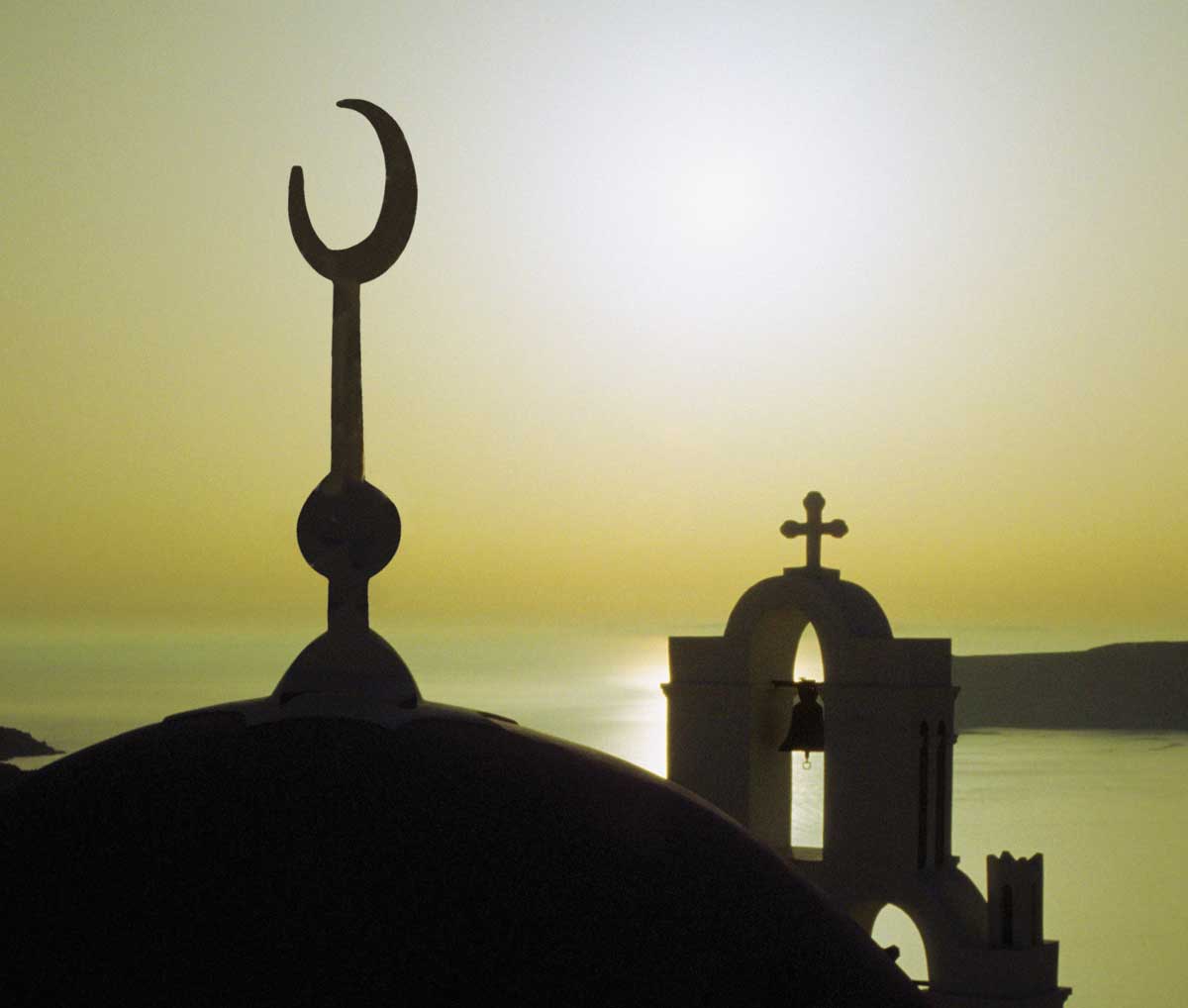View
Higher-Order Marriage
David J. Theroux on Progressive Myths & Christianity's Deeper Revolution
Marriage is a universal institution of civilization. We find no human society in which marriage has not existed in some form, and virtually all marriage ceremonies historically have involved religious elements. Yet for many years now, natural ("traditional") marriage and the family have become the subjects of secular ridicule, with the family increasingly politicized and socialized by "progressive" government bureaucracies. As Charles Murray has shown in his books Losing Ground (1984), In Our Hands (2006), and Coming Apart (2012), the result has been an unprecedented decline of the family and civil society in America and the West, producing increasing rates of nonmarital births, divorce, juvenile crime, drug and alcohol abuse, and other pathologies. However, this unsustainable trend can and should be reversed, because the "progressive" narrative that supports it is deeply flawed and easily refuted.
The biblical account of marriage begins in Genesis 1:27, with the creation of man in two sexes: "God created man in his own image, in the image of God he created him; male and female he created them. And God blessed them." And Genesis 2:24 explains, "For this reason a man shall leave his father and his mother, and be joined to his wife; and they shall become one flesh." Jesus later called humanity back to these truths (Matt. 19:4–6; Mark 10:6–8), and the Christian story of the world is viewed as culminating in the wedding of Christ and his bride, the Church. All Christian discussions of marriage stem from this "great mystery," as Paul called it (Eph. 5:32).
Hence, in Christianity, marriage is a sacred union of the highest order. Although Martin Luther, in praising marriage as "pleasing to God and precious in his sight," also declared that "weddings and marriage are worldly [i.e., secular] affairs," almost all Christians have continued to regard marriage as sacred.
A Debunked but Stubborn Theory
However, since the Enlightenment, marriage has increasingly been defined in purely secular terms as a strictly civil union. And in many academic circles, natural marriage has been further viewed as an institution of patriarchy based on men's long-standing desire to dominate and oppress women. Such treatment of women has purportedly been supported by religious despots, especially Christian church authorities in the West.
This progressive narrative is based on the theory that primitive mankind was originally egalitarian, matrilineal, and socialist, and that communal sexual relations were the norm. Edvard Westermarck noted in his influential book The History of Human Marriage (1891) that this view was treated "as a demonstrated truth" by such nineteenth-century anthropologists as Lewis H. Morgan, Johann Bachofen, John McLennan, John Lubbock, and Alexis Giraud-Teulon, despite the obvious biological and kinship basis of heterosexual pairing.
Relying primarily on the shoddy science in Morgan's subsequently discredited book Ancient Society (1877), Friedrich Engels claimed a priori that, historically, the nuclear family and private property were creations of the ruling classes designed to oppress women by passing on private wealth to men. Hence, in The Origin of the Family, Private Property, and the State (1884) he asserted that "the modern individual family is founded on the open or concealed domestic slavery of the wife, and modern society is a mass composed of these individual families as its molecules." (Interestingly enough, Engels admitted that because this alleged societal transformation occurred prehistorically, no one could actually know when or how it happened.) Nevertheless, for both Marx and Engels, as they stated in The German Ideology (published posthumously in 1932), "the abolition of the family is self-evident."
Despite having been refuted, this theory has endured in certain academic and political circles and is seldom publicly challenged. For instance, the influential twentieth-century feminist scholar Eleanor Burke Leacock, parroting Engels, stated in her 1972 introduction to The Origin of the Family:
The separation of the family from the clan and the institution of monogamous marriage were the social expressions of developing private property; so-called monogamy afforded the means through which property could be individually inherited. And private property for some meant no property for others, or the emerging of differing relations to production on the part of different social groups. The core of Engels' formulation lies in the intimate connection between the emergence of the family as an economic unit dominated by the male and this development of classes.
Marriage in the Ancient World
David J. Theroux is founder and president of the Independent Institute (www.independent.org), publisher of its quarterly journal, The Independent Review, and founder and president of the C. S. Lewis Society of California (www.lewissociety.org).
subscription options
Order
Print/Online Subscription

Get six issues (one year) of Touchstone PLUS full online access including pdf downloads for only $39.95. That's only $3.34 per month!
Order
Online Only
Subscription

Get a one-year full-access subscription to the Touchstone online archives for only $19.95. That's only $1.66 per month!
bulk subscriptions
Order Touchstone subscriptions in bulk and save $10 per sub! Each subscription includes 6 issues of Touchstone plus full online access to touchstonemag.com—including archives, videos, and pdf downloads of recent issues for only $29.95 each! Great for churches or study groups.
Transactions will be processed on a secure server.
more on christianity from the online archives
more from the online archives
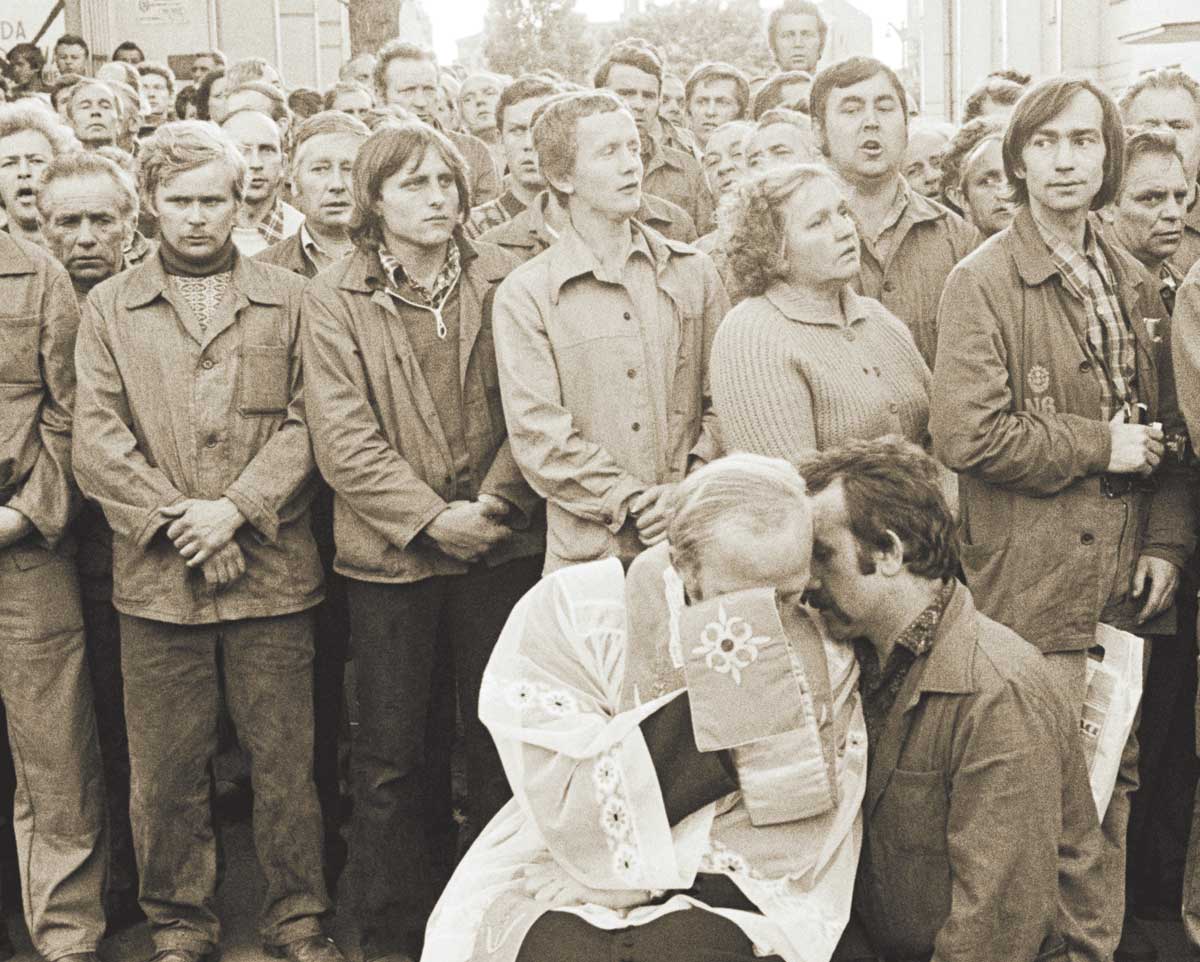
19.10—December 2006
Workers of Another World United
A Personal Commemoration of Poland’s Solidarity 25 Years Later by John Harmon McElroy
calling all readers
Please Donate
"There are magazines worth reading but few worth saving . . . Touchstone is just such a magazine."
—Alice von Hildebrand
"Here we do not concede one square millimeter of territory to falsehood, folly, contemporary sentimentality, or fashion. We speak the truth, and let God be our judge. . . . Touchstone is the one committedly Christian conservative journal."
—Anthony Esolen, Touchstone senior editor





